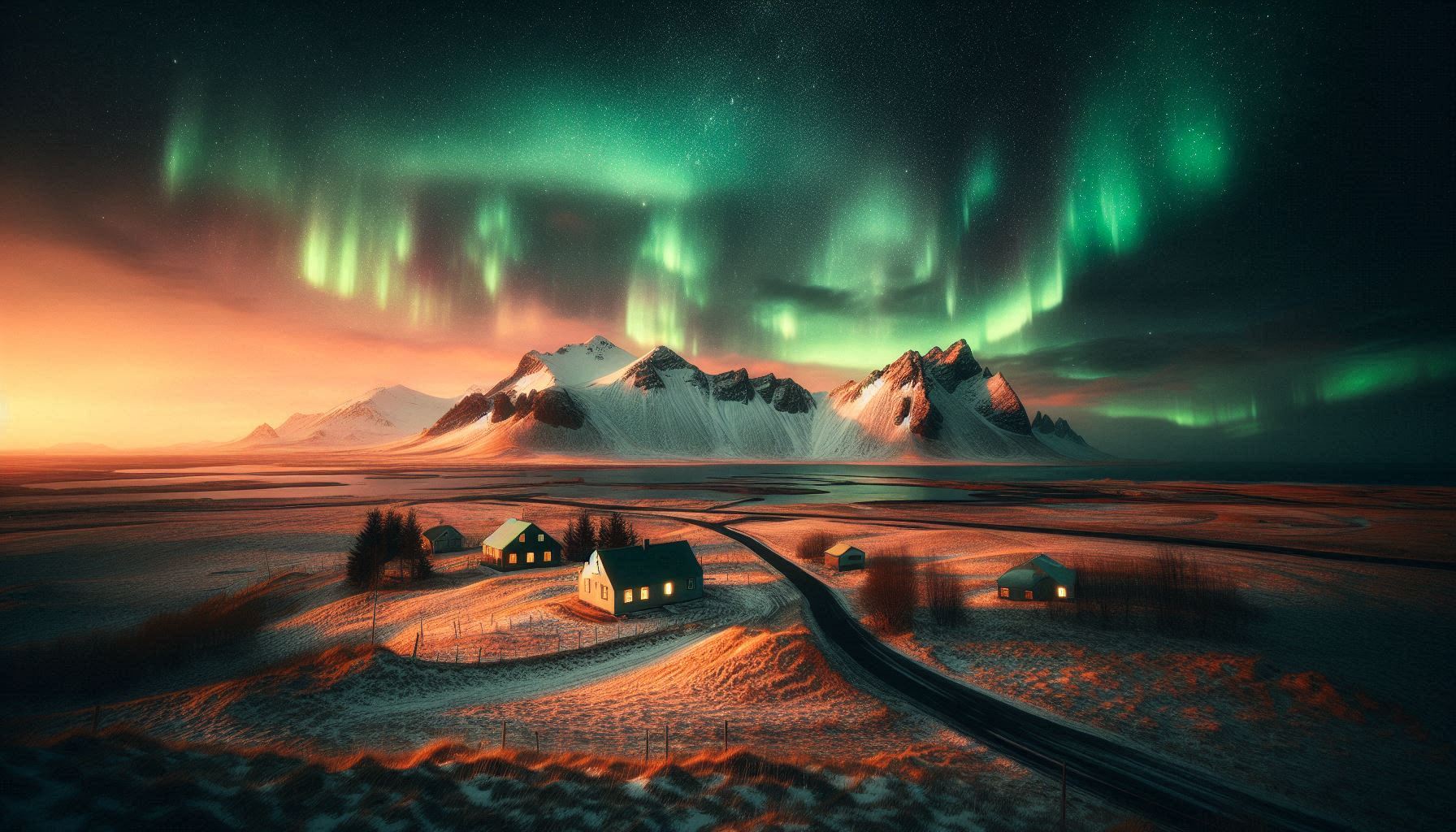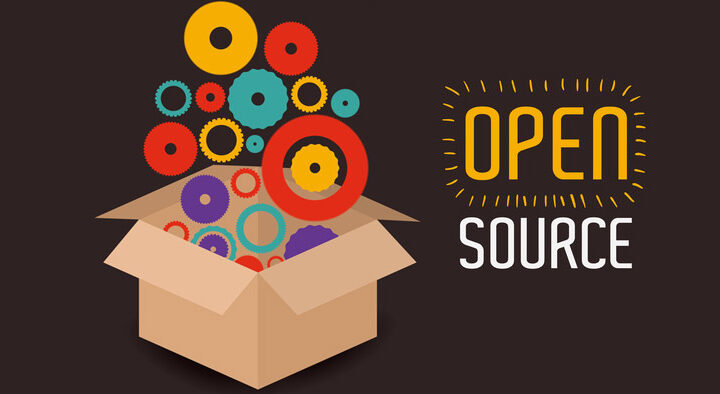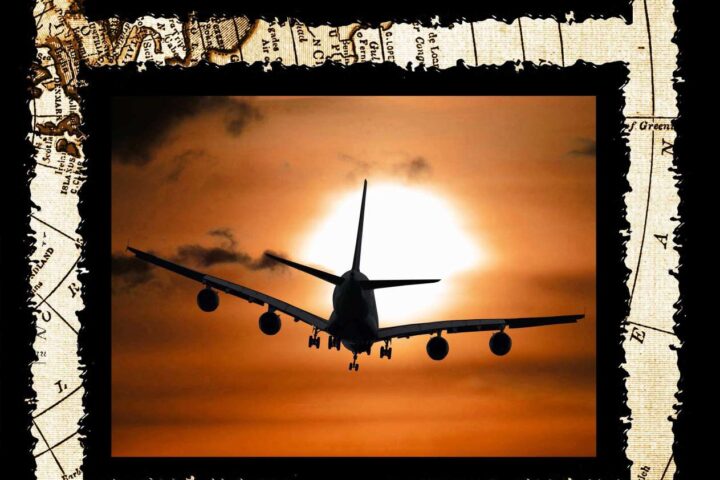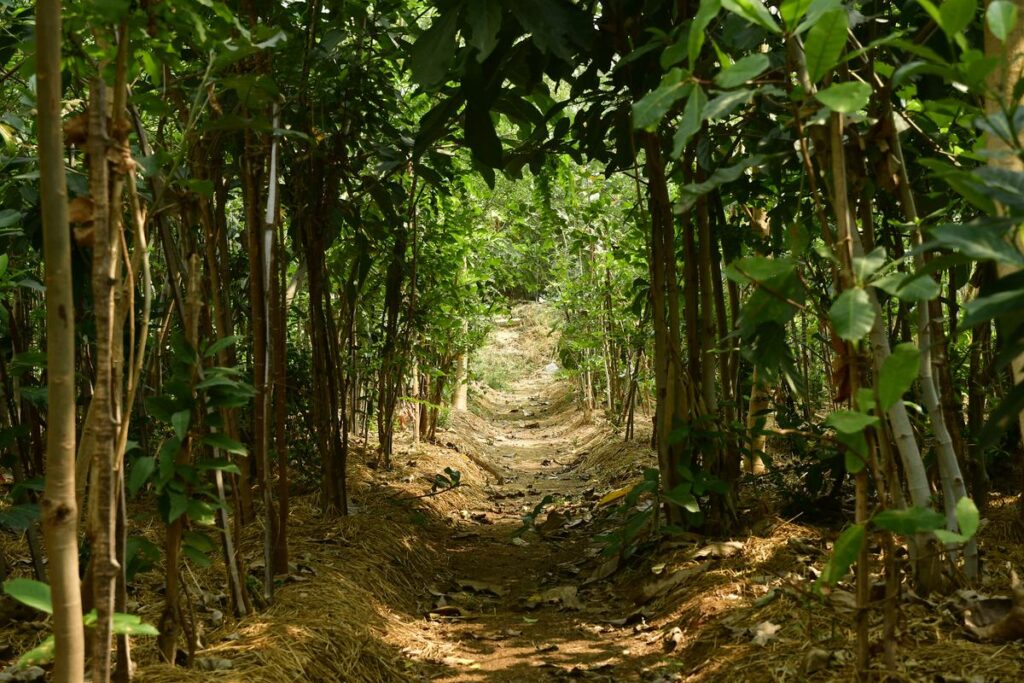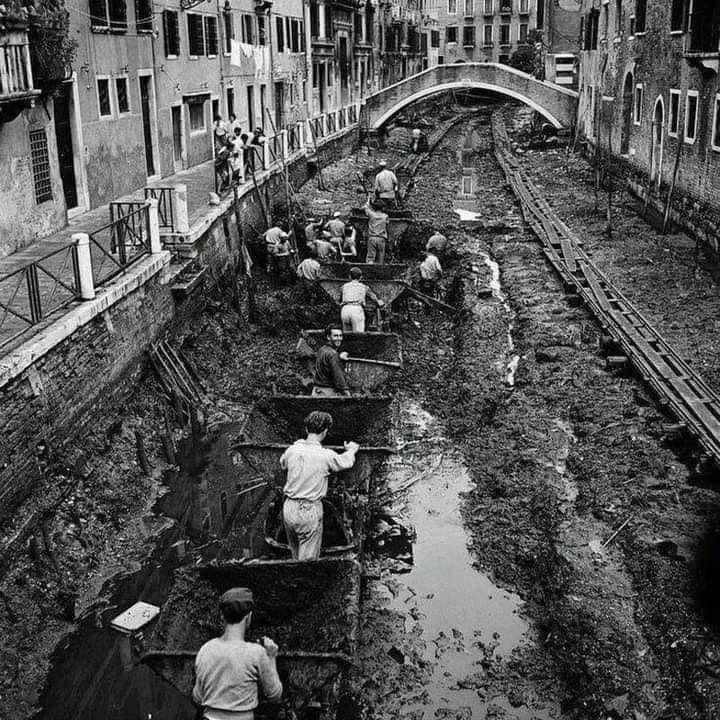1. Iceland has no mosquitoes. Despite the wet climate, Iceland is one of the few places in the world where mosquitoes are absent.
2. Iceland runs almost entirely on renewable energy. About 85% of the country’s energy comes from geothermal and hydroelectric sources, making it one of the greenest countries in the world.
3. Reykjavík is the world’s northernmost capital. Located just below the Arctic Circle, Reykjavík is the northernmost capital city in the world.
4. Iceland has a unique naming system. People in Iceland typically do not have surnames in the traditional sense. Instead, their last name is usually their father’s first name with “-son” or “-dóttir” added, meaning “son of” or “daughter of.”
5. There are more sheep than people. Iceland’s population is around 370,000, but there are over 800,000 sheep on the island.
6. Iceland is one of the most volcanic places on Earth. It sits on the Mid-Atlantic Ridge, where the Eurasian and North American tectonic plates meet, leading to frequent volcanic activity.
7. The Icelandic language has remained relatively unchanged for centuries. Modern Icelanders can still read and understand texts written in Old Norse, the language of the Vikings.
8. Iceland is home to Europe’s largest glacier. Vatnajökull covers about 8% of the country’s landmass and is the largest glacier in Europe by volume.
9. Icelanders believe in elves and hidden people. Many Icelanders still hold a belief in “Huldufólk” (hidden people) and elves, with some road construction projects even being rerouted to avoid disturbing elf habitats.
10. Iceland has no McDonald’s. The last McDonald’s in Iceland closed in 2009, and the country hasn’t had a franchise since, making it one of the few countries without the global fast-food chain.

